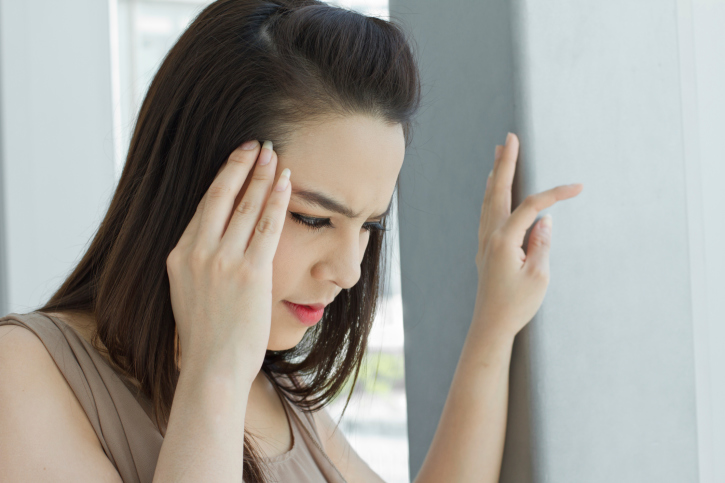 Anyone who gets frequent migraine symptoms knows the experience: the throbbing, the pain, the visual disturbances.
Anyone who gets frequent migraine symptoms knows the experience: the throbbing, the pain, the visual disturbances.
Exercise has long been a potential way to reduce migraine triggers, but a new study suggests it could be an especially effective with triggers such stress, depression and trouble sleeping.
“It’s a complex relationship, but we know that exercise, generally speaking, helps increase levels of good neurotransmitters, like dopamine, norepinephrine, serotonin, which contribute to not only fewer headaches, but also better mood and overall well-being,” said study author Dr. Mason Dyess, senior fellow at the University of Washington School of Medicine.
Exercise also improves heart health and that helps with weight management, which is also associated with better migraine control, Dyess said.
The study included more than 4,600 people diagnosed with migraine. About 75% had 15 or more migraines a month. The other 25% had 14 or fewer.






